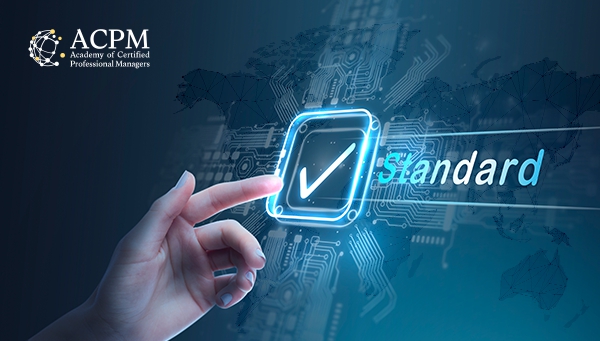In the era of rapid artificial intelligence (AI) development, the need for qualified specialists is growing daily. By 2035, it's expected that international certification for AI specialists will become not just a reality, but a necessity for career growth in this field. Let's look into the future and consider what such certification might look like and what new professions it will open up.
Future certification criteria
The international exam for AI specialists will cover a wide range of knowledge and skills:
-
Theoretical base: from classical machine learning algorithms to quantum neural networks.
-
Practical skills: programming in next-generation languages and working with advanced AI frameworks.
-
AI ethics and security: including skills in auditing AI systems for bias and potential risks.
-
Applied areas: from bioinformatics to space robotics.
-
Business aspects: strategic planning of AI transformation for enterprises.
-
Innovation: ability to predict and adapt to rapidly changing technologies.
Professions of the future
With the development of AI, new specializations will emerge:
-
AI Ethicist: a specialist ensuring the ethical application of AI in various fields.
-
Machine Learning Curator: an expert "educating" AI systems for specific tasks.
-
AI Translator: a specialist adapting complex AI concepts for non-specialists.
-
Neurointerface Designer: a creator of intuitive interfaces for human-AI interaction.
-
AI Ecosystem Architect: a developer of complex AI solutions for "smart" cities and enterprises.
Learning trajectories
For successful certification and career building in AI, it is recommended to:
-
Start with fundamental courses in mathematics, statistics, and programming.
-
Master basic concepts of machine learning and neural networks.
-
Specialize in a specific area of AI application (e.g., computer vision or natural language processing).
-
Regularly practice solving real-world problems, participate in AI competitions.
-
Study the ethical aspects of AI and keep up with the latest research in this field.
-
Develop soft skills: communication, critical thinking, creativity.
Specialties that AI may replace
It's important to note that AI development will not only create new professions but may also lead to the automation of some existing ones. By 2035, the following specialties may be partially or fully replaced by AI:
-
Translators
-
Call center operators
-
Entry-level accountants and auditors
-
Drivers
-
Entry-level data analysts
-
Assembly line workers
-
Bank tellers
-
Radiologists
-
Entry-level lawyers
-
News writers
However, it's important to remember that while AI can replace some aspects of these professions, the human factor will still play a crucial role in most areas. Creativity, emotional intelligence, and the ability to make complex ethical decisions will remain key skills that will be valued in the future.
Summary
International certification of AI specialists by 2035 will become a key factor in shaping the future of artificial intelligence. It will not only confirm the competencies of specialists but also ensure the ethical and safe development of AI technologies.
At the same time, AI will significantly change the labor market, automating a number of professions and creating new specialties. This emphasizes the importance of continuous learning and adaptation to new technologies. Specialists should be prepared for constant development of their skills and possibly for changing professions.
The future of AI opens up enormous opportunities but also poses serious challenges. By preparing for this future now, developing not only technical but also "soft" skills, studying the ethical aspects of AI, we can become pioneers in one of the most promising fields of the 21st century and contribute to the responsible development of artificial intelligence technologies.






